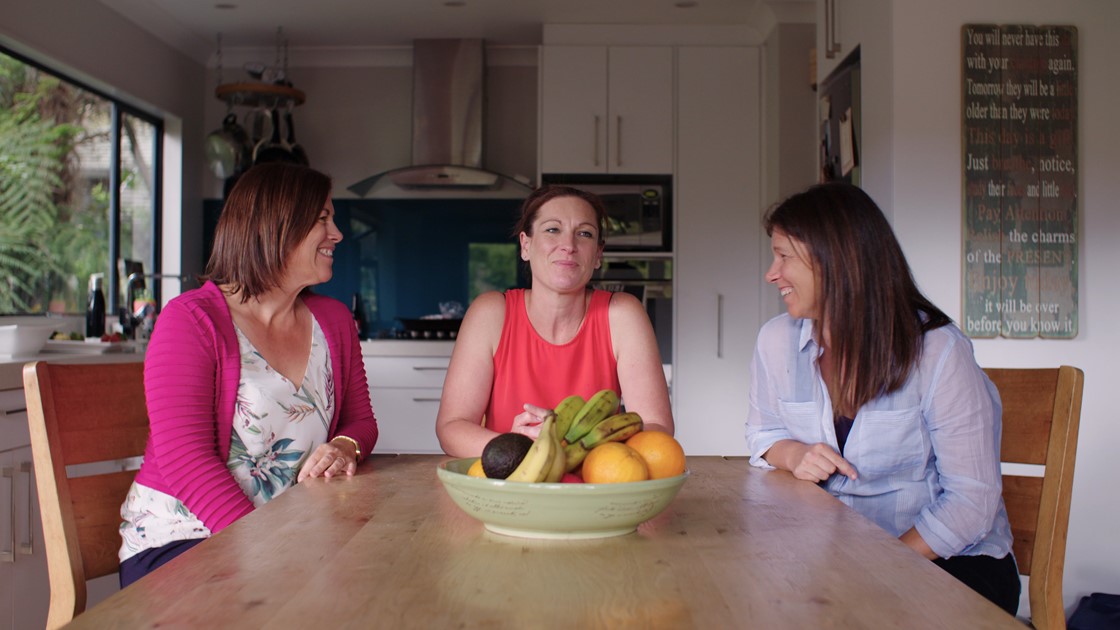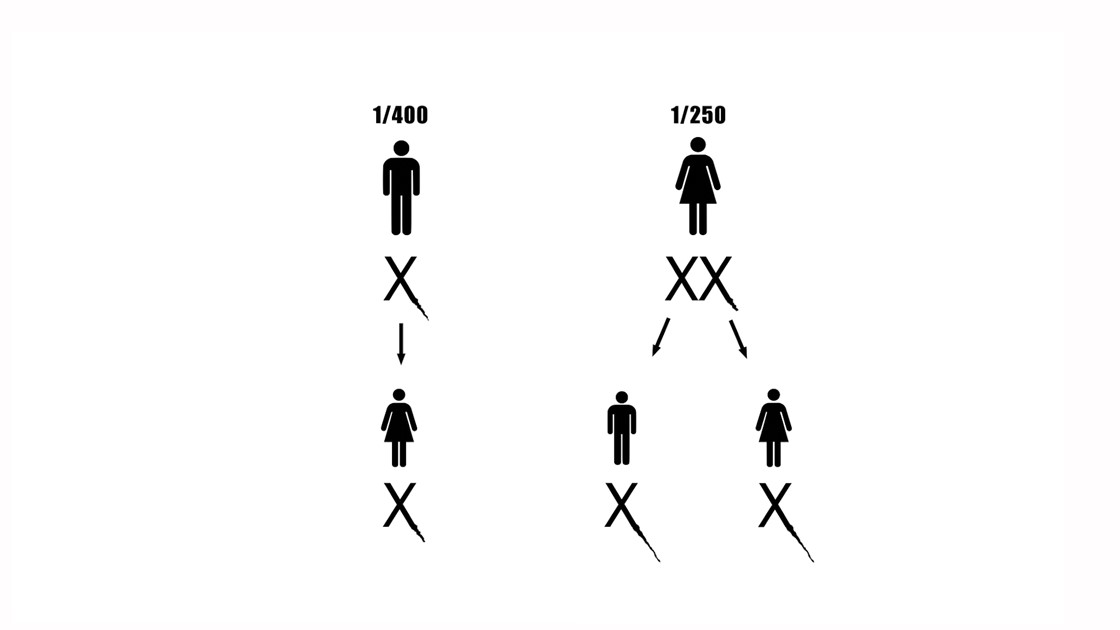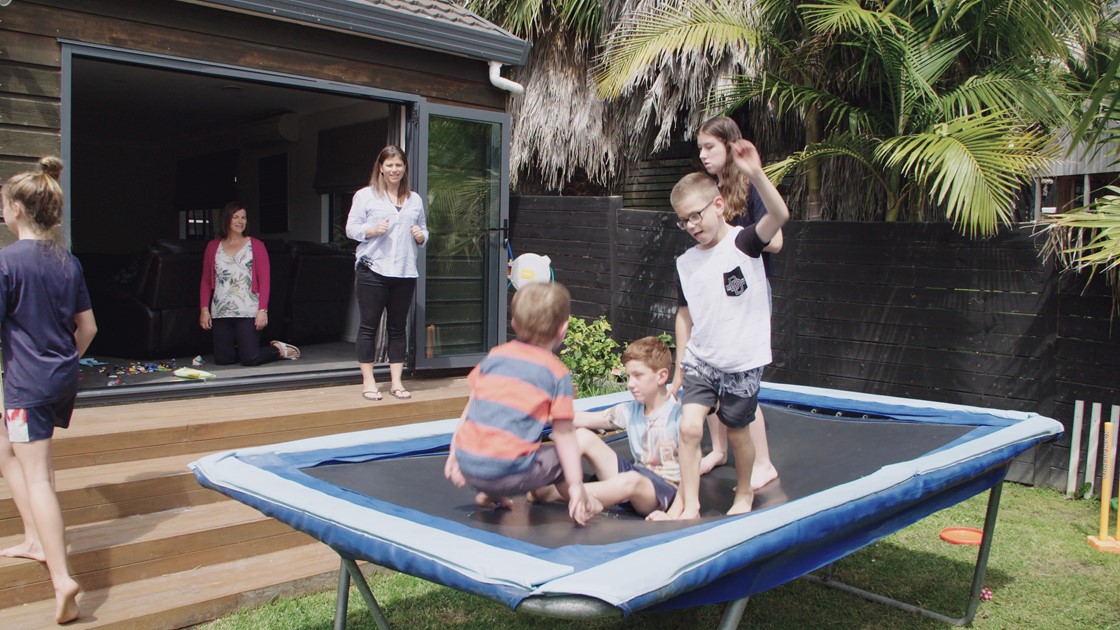Three sisters Donna, Angela and Bronie are carriers of a rare genetic condition called Fragile X.
“Everyone has an X chromosome,” Angela explains, “Men have one women have two. On the X chromosome, the gene produces a protein; when it becomes disrupted it becomes fragile and that’s when you develop Fragile X.”
She carries on to explain, “most people who encounter it have never heard of Fragile X. I hadn’t heard of it.”
The sisters had no idea they were carriers of the condition until Donna’s son, Flynn was diagnosed when he was seven years old.
Bronie recalls the diagnosis that followed through the family, “my other sister’s son, Leo, who was also seven was diagnosed with Fragile X, then my niece who was 11. At that time I had a 20-month old and an 8-month old and they were both diagnosed with it.”
The condition is often compared to autism, with similar behaviour and sensory sensitivities, except, Angela says, with Fragile X, “there is always an intellectual component.”
Of Donna’s three children; Travis, Ashleigh and Flynn only Flynn has Fragile X. She knows he has differences to other children, “his milestones came a bit later. Initially it was all around his eyesight but the second paediatrician we saw said if anyone tells you he has autism they’re wrong.”
Flynn started at a special school but, “his behaviour began to deteriorate very quickly,” so he changed to a mainstream school. He had been copying the behaviour of other children at the special school, “Fragile X children are big imitators, they will pick up the behaviours of neurotypical children.”

Angela’s daughter Monique and middle son Leo both have Fragile X, her youngest son, Damian does not have the condition, nor is he a carrier.
“I wasn’t too surprised when Leo was diagnosed but it was still upsetting. You’re still in the back of your mind hoping its not going to be.”
Leo attends a mainstream school, “it hasn’t always been that easy for him. He can write sight words, he can’t sit and read a book. Maths he can do some quite basic adding with some support.”
So he goes to The Forest School, a one-day per week outdoor school where they get to work on building projects and do outdoor activities.
Angela believes the no-judgement culture of the school is, “a good place to build his self esteem.”

About her daughter, Angela felt “something wasn’t quite right” because she was not quite keeping up with the other kids and had delayed milestones.
She explains when she found out; “I remember the pediatrician ringing me and saying she had the full mutation rather than just being a carrier.”
Monique can find it difficult to fit in, “sometimes in social experiences I don’t always know what’s right to say and what’s not right to say. In class people don’t notice that I really struggle.”
Both Bronie’s sons Harry and Ben have Fragile X, “when I found out that my kids had Fragile X and I was the carrier I felt guilt. Everyone tells me not to feel guilty but at the end of the day I gave it to my children.”
Because Bronie’s sons were both diagnosed when they were very young she knows more about how to help them. Bronie has photo cards to assist Harry and Ben when they are getting ready in the morning and she shows them photos of activities to introduce them to a new place like a mall or school.
When Harry was born he would cry from the moment he woke up till he went to sleep and after much consultation with other new parents, family, and doctors, Harry got tested for Fragile X and the results came back confirming it.
The sisters have always been close but have been united by their children’s condition. Together they hope their kids get to experience a full life “as independently as possible” and “that they can just be happy in themselves.”



















































